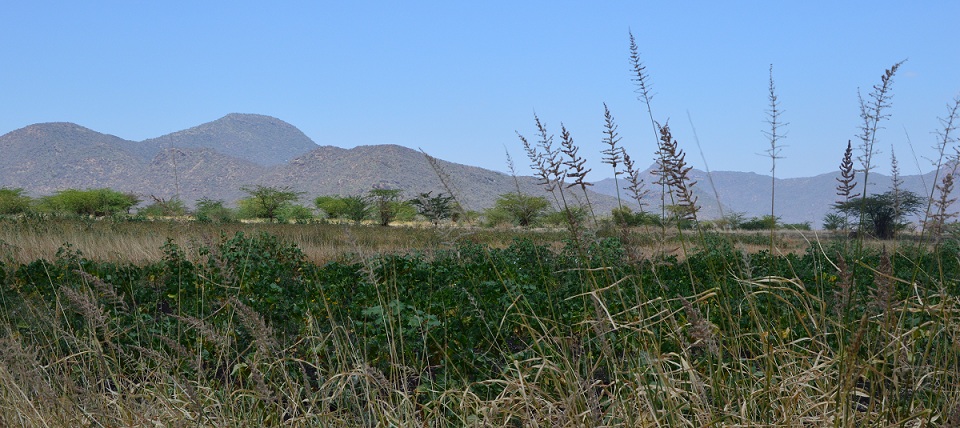Isiolo County did not maintain an updated fixed assets register as at 30 June 2016
Just like many other counties, Isiolo County did not maintain an updated fixed assets register. As at 30 June 2016 the county did not have in place policies and procedures on asset management. Further, asset were not labelled, tagged or coded for ease of identification and management.
As at 30 June 2016 Isiolo County executive had Ksh. 448.4 million in pending bills. This is the amount of money that the county owed to suppliers and contractors who had supplied goods and services but not yet paid. To the surprise of the auditor general, Isiolo County did not have a list of creditors in the name of creditors’ register or ledger. This raised concerns and as a result the auditors wouldn’t confirm the said balance of Ksh. 448.4 million in pending bills.
In the year under review, the Office of the Auditor General reveals that Isiolo County executive spent Ksh. 1.2 billion on payment of employees’ salaries, allowances and wages. It was noted that various officers were paid their dues without processing such payments through the Integrated Payroll and Personnel Database (IPPD). Isiolo County failed to account for Ksh. 298.8 million paid to employees since no supporting records were available to prove.
Casuals in Isiolo county are reported to have gone home with an amount totaling to Ksh. 33.5 million during FY 2015/2016. The problem was that, no information on type of services or terms of engagement was provided for audit.
During the period under review, Isiolo County made excess payments to Local Authority Provident Fund by 15.65% for employees and 19.65% for employers. The Collective bargaining Agreement pegs the payments at 12% and 15% for employees and employers respectively. Hence the Isiolo Country made an extra Ksh. 3.5 million and Ksh. 4.3 million for employees and employers respectively. In this case the executive did not follow the agreed LAP Fund contribution rates or no explanation was given for such deviation.
Isiolo County presented financial statements indicating that their land was valued at Ksh. 13.9 billion. There was some concerns such as no acreage was given, and title deeds were not submitted for audit.
In his wisdom, the auditor general gave an adverse opinion in terms of accuracy of financial statements audited. This means there were systemic challenges which needs to be addressed going forward.
Follow us on Twitter @kerosiT


